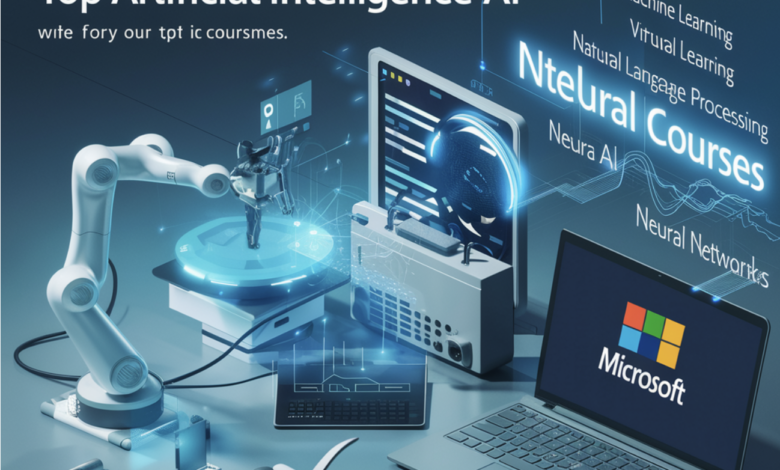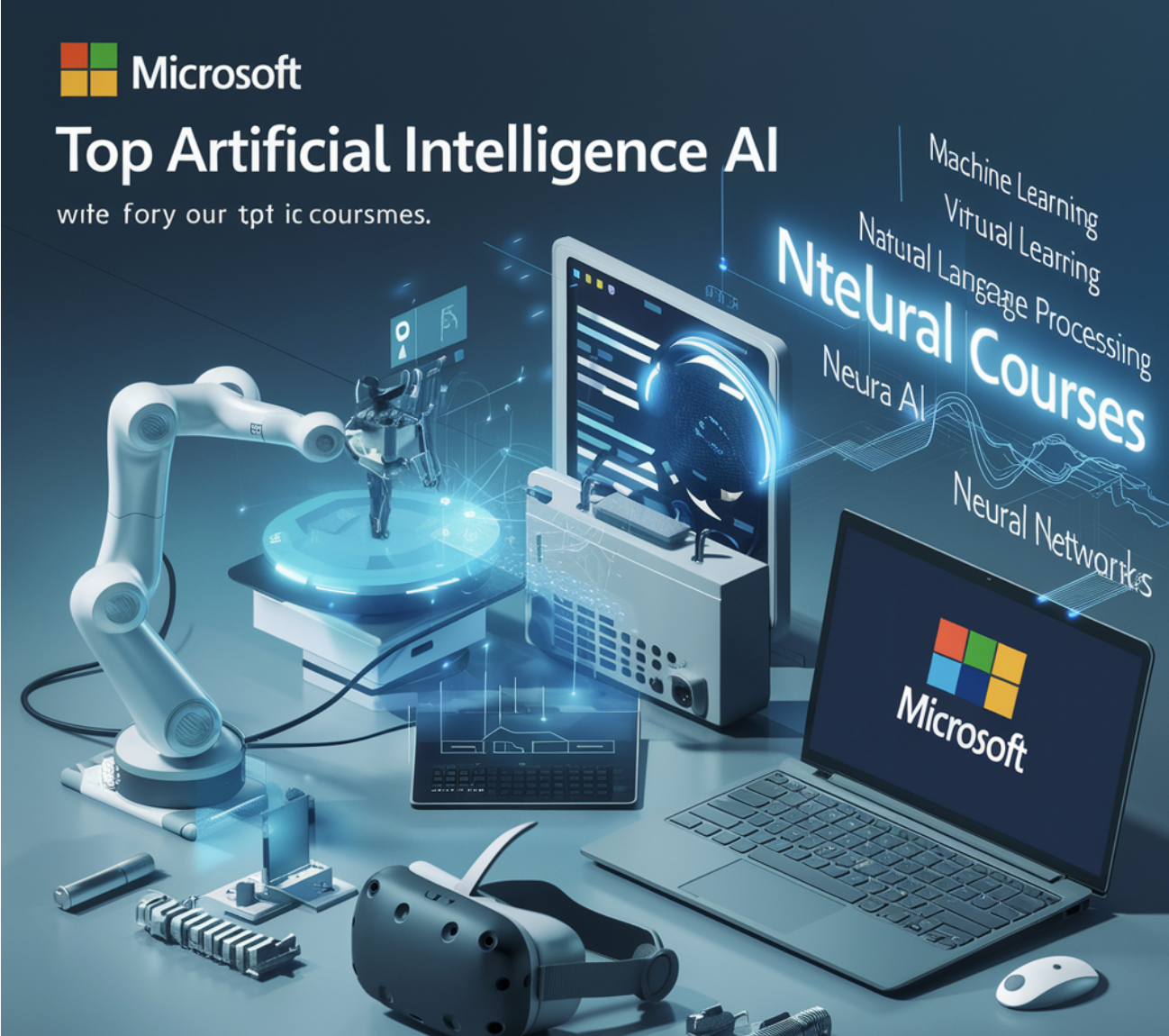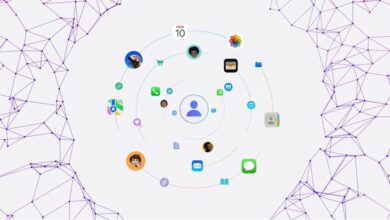Top Artificial Intelligence AI Courses by Microsoft

Microsoft’s AI courses offer comprehensive coverage of AI and machine learning concepts for all skill levels, providing hands-on experience with tools like Azure Machine Learning and Dynamics 365 Commerce. They emphasize practical applications, advanced techniques, and responsible AI practices, equipping learners to develop and deploy AI solutions ethically and effectively. This article lists the top Microsoft AI courses that provide essential skills for excelling in the field of artificial intelligence.
Fundamentals of machine learning
This course provides a foundational understanding of machine learning, including its core concepts, types, and considerations for training and evaluating models. It also covers deep learning fundamentals and the use of automated machine learning in Azure Machine Learning service.
Create machine learning models
This course is ideal for those with some machine learning knowledge or strong math background, focusing on quick learning tools like scikit-learn, TensorFlow, and PyTorch. It provides just enough familiarity to understand machine learning examples for products like Azure ML or Azure Databricks.
Implement a data science and machine learning solution for AI in Microsoft Fabric
This course covers the data science process in Microsoft Fabric, teaching how to train machine learning models, preprocess data, and manage models with MLflow. It includes modules on exploring data with notebooks, using Data Wrangler for preprocessing, and generating batch predictions with deployed models.
Microsoft Azure AI Fundamentals
This course introduces AI fundamentals and Microsoft Azure services for AI solutions, aiming to build awareness of AI workloads and relevant Azure services. It targets individuals with basic computer and math skills, covering AI workloads, computer vision, natural language processing, document intelligence, and generative AI through beginner-level modules.
Build a RAG-based copilot solution with your own data using Azure AI Studio
This course covers using Retrieval Augmented Generation (RAG) to enhance language models with specific data, indexing data with Azure AI Search, and building a copilot in Azure AI Studio. It aims to improve AI-driven suggestions and content generation.
Work with product recommendations in Dynamics 365 Commerce
This module covers enabling and working with product recommendations in Dynamics 365 Commerce, which use AI and machine learning to analyze purchase trends and provide relevant recommendations. It includes learning about recommendation lists and parameters.
Fundamentals of Responsible Generative AI
This module teaches how to develop generative AI solutions responsibly by describing a process for minimizing harmful content. It covers identifying, measuring, and mitigating potential harms, and preparing for responsible deployment and operation of generative AI solutions.
Apply prompt engineering with Azure OpenAI Service
This course teaches prompt engineering in Azure OpenAI, focusing on designing and optimizing prompts to enhance model performance. It covers creating clear instructions, requesting specific output compositions, and using contextual content to improve response accuracy and relevancy.
Work with generative artificial intelligence (AI) models in Azure Machine Learning
This course explores the application of generative AI models for NLP in Azure Machine Learning, covering topics such as understanding the Transformer architecture and working with large language models (LLMs). It includes modules on fine-tuning LLMs for specific tasks and utilizing prompt flow to develop applications leveraging LLMs, with prerequisites of familiarity with Azure and the Azure portal.
Responsible use of artificial intelligence in education
This course explores Microsoft’s Responsible AI framework, emphasizing ethical AI development and application principles such as fairness, reliability, privacy, inclusiveness, transparency, and accountability. It includes modules on understanding and applying these principles, especially in learning environments, with interactive exercises for practical implementation.




